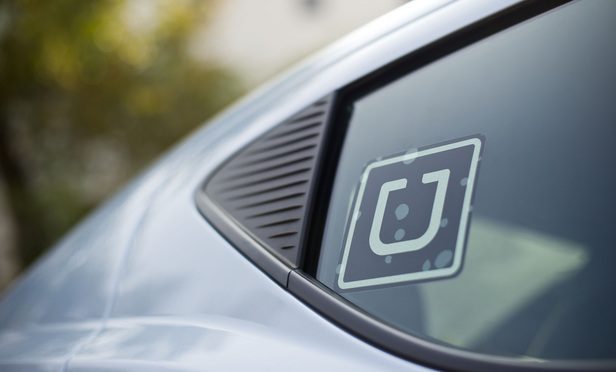Tragedy struck in Kalamazoo, Michigan, last weekend when a local man, Jason Dalton, carried out a seemingly random shooting spree that left six people dead. Many observers were surprised to find out that Dalton drove for Uber Technologies Inc. and may have even been transporting passengers between murders.
Dalton had no criminal history and good customer reviews, so perhaps no employer could have seen this coming. But the shooting has nonetheless breathed new life into a long-running debate over whether Uber is doing enough to vet drivers. Those concerns were amplified by a 2014 lawsuit filed by state prosecutors in California, which alleged that Uber’s vetting process has missed registered sex offenders and other felons.






